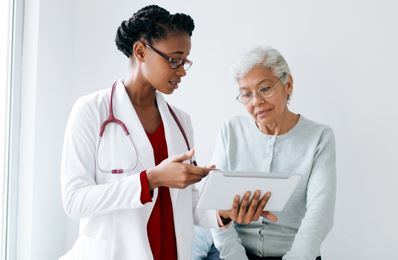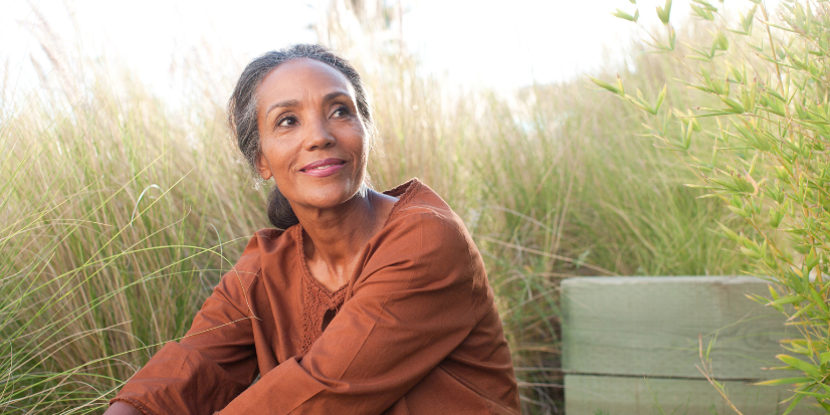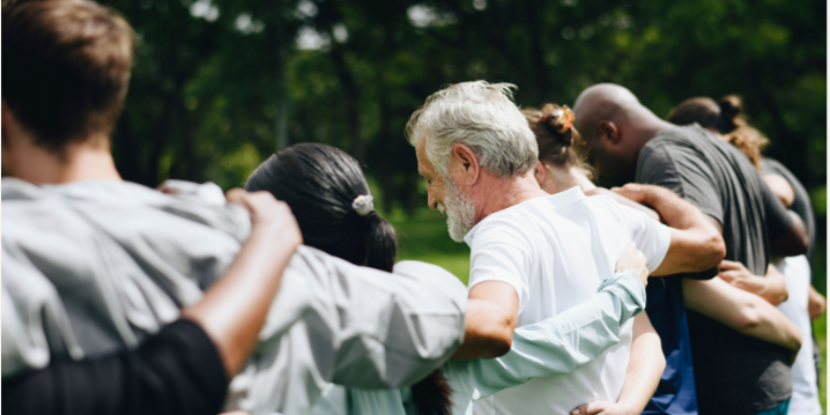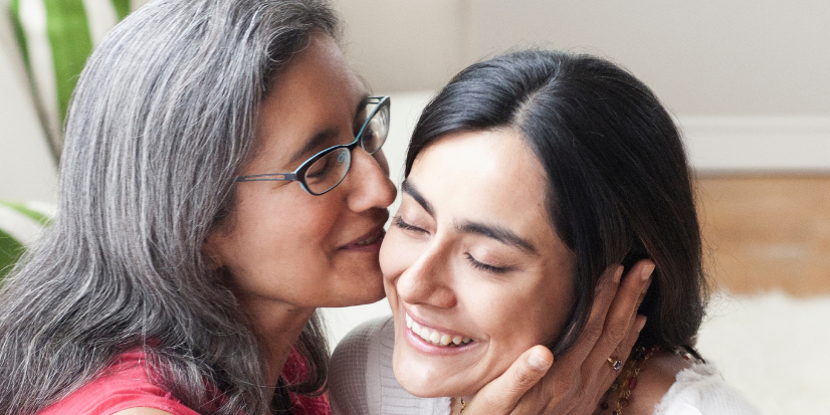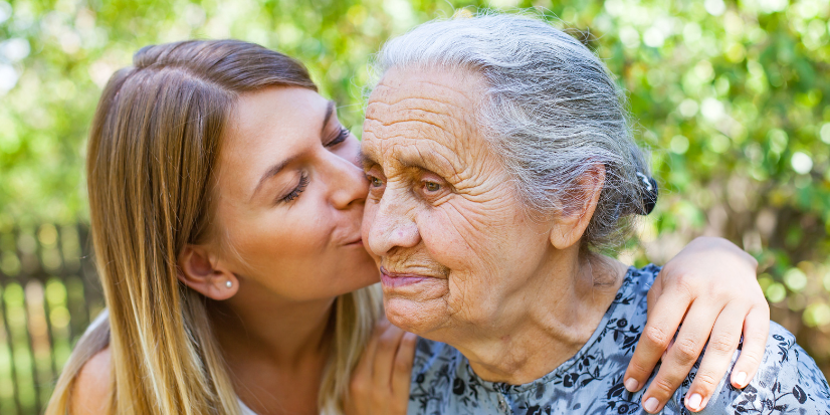Project 3: Primary Prevention and Uterine Preservation in Premenopausal Women with Obesity and Endometrial Hyperplasia/Cancer
Clinical Co-Leader: Andrea Hagemann, M.D.
Basic Co-Leader: Kimberly Leslie, M.D., University of New Mexico
Up to 90% of the ~65,000 women diagnosed with endometrial cancer each year in the U.S. are overweight or obese, and up to 60% of endometrial cancer cases are attributed to obesity. This is, in large part, because obesity promotes development of atypical endometrial hyperplasia (AEH), a precursor of grade 1 endometrial cancer. If diagnosed at one of these stages, a patient can be treated with hysterectomy, which is 100% effective in preventing/curing endometrial cancer. However, hysterectomy is often unacceptable to premenopausal women who would like to retain fertility. Instead, such patients are commonly treated with progestin, most commonly via a levonorgestrel-releasing intrauterine device. However, up to 41% of women on progestin eventually experience relapse and require a hysterectomy. Moreover, fewer than 12% of women who choose this option go on to have a live birth, likely because obesity and the commonly co-occurring insulin resistance impair fertility. As bariatric surgery can also reverse AEH and grade 1 endometrial cancer, an ideal treatment for premenopausal women desiring future fertility would be to simultaneously provide a progestin IUD along with an effective weight loss strategy.
This Early Detection, Prevention and Population Science project includes a randomized controlled trial testing the overall hypothesis that combined treatment with progestin and either therapeutic or behavioral weight loss interventions leads to greater uterine preservation than progestin use alone. Our aim is to determine the efficacy of progestin plus a behavioral weight loss intervention to allow uterine preservation and cancer prevention in premenopausal women with AEH or grade 1 endometrial cancer. Our exploratory aim is to identify biomarkers that reflect response to progestin plus weight loss. If this project identifies effective strategies, they can be widely implemented to allow premenopausal women with AEH or grade 1 endometrial cancer to both avoid cancer and preserve their uterus for future fertility.



-
 December 12 Brain Tumor Support Group View Event Details
December 12 Brain Tumor Support Group View Event Details -
 December 19 Chemo 101
December 19 Chemo 101We offer an in-person Chemo 101 class two times per month. This class is offered the first Thursday of ...
View Event Details -
 December 25 Gynecologic Cancers Support Group - Hope in Oklahoma
December 25 Gynecologic Cancers Support Group - Hope in OklahomaJoin us for the Hope in Oklahoma — Gynecologic Cancers Support Group where we discuss treatment, the ...
View Event Details -
 December 26 Pancreatic Cancer Support Group
December 26 Pancreatic Cancer Support GroupLast Thursday of the month, 6 p.m.- 7 p.m. Living Room Lobby, Stephenson Cancer Center Contact: Mike ...
View Event Details -
 December 27 Spanish-Speaking Cancer Support Group
December 27 Spanish-Speaking Cancer Support GroupLast Friday of the month, 5 - 6:30 p.m. Conference Room 5058, Stephenson Cancer Center Contact: Carmen ...
View Event Details -
 January 03 Project 31 Breast Cancer Support Group
January 03 Project 31 Breast Cancer Support GroupJoin our support group and meet other survivors, hear from guest speakers, ask questions, learn, share ...
View Event Details -
 January 03 Shair Mobile Wig Salon
January 03 Shair Mobile Wig SalonThe Shair mobile wig salon will be parked outside of OU Health Stephenson Cancer Center on the first ...
View Event Details -
 April 12 Outpace Cancer Race 2025
April 12 Outpace Cancer Race 2025Outpace Cancer is an annual 10K/5K and 1-mile walk, hosted by OU Health Stephenson Cancer Center, to ...
View Event Details

